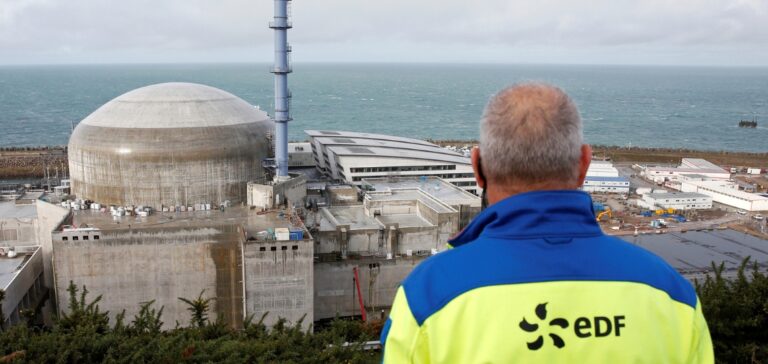Electricité de France (EDF) CEO Luc Rémont’s recent statement at the World Civil Nuclear Show in Paris marks a strategic turning point for the French group. The stated objective is clear: to accelerate the Group’s nuclear construction capacity from “1 to 1.5 reactors per year” in Europe over the next decade. This ramp-up, scheduled to continue for the rest of the decade, is reminiscent of the company’s past successes in the 1970s and 80s, when EDF built up to four plants a year.
Strategy and challenges
EDF’s ambition is in line with the global nuclear revival, although its large-scale realization remains to be seen. The CEO stresses the importance of the massification effect to improve competitiveness, a major challenge given the low number of projects over the last twenty years. The strategy is based on meticulous organization of the supply chain and construction work, which is essential for the completion of this series of buildings.
Internationalization and Cooperation
At the same time, EDF confirms its international ambitions, announcing several cooperation agreements, notably in Canada, India and the Czech Republic. India’s flagship project, involving the construction of six EPR reactors for the Jaitapur power plant, has been under discussion for 15 years. Although the technical issues are being finalized, financing remains a future step to be clarified.
Outlook and geographical priorities
Rémont points out that EDF’s priority as an operator remains on specific geographical areas, with a focus on France and the UK. This targeted approach reflects a cautious development strategy, where EDF seeks to optimize its resources and expertise in key regions.
EDF’s announcement opens up new prospects for the nuclear sector in Europe, while highlighting the challenges and requirements of effective planning. This ambitious nuclear construction program, if successfully completed, could not only strengthen EDF’s position in the European market, but also play a key role in the continent’s energy transition.






















